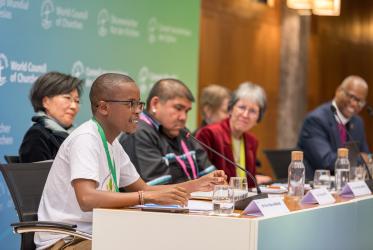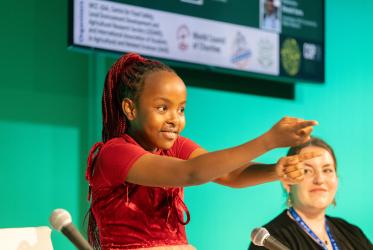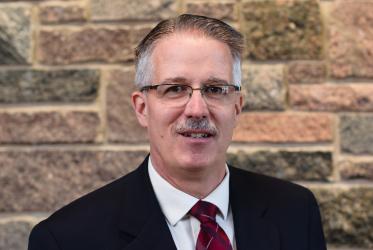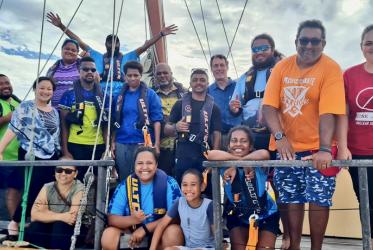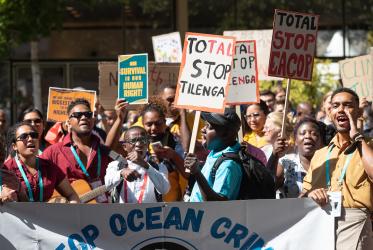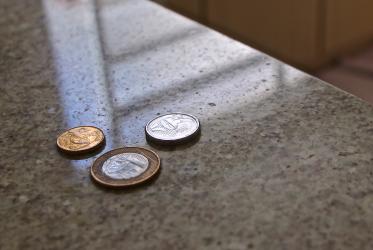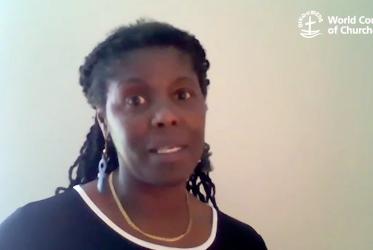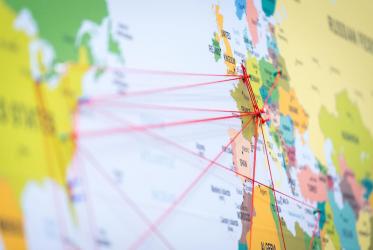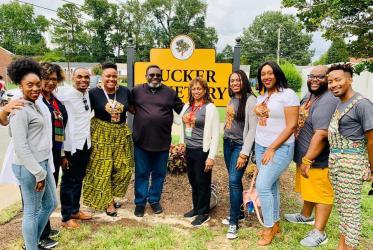Displaying 1 - 20 of 53
Christian Brooks: “Faith and climate really go hand-in-hand”
14 November 2022
Multifaith advocacy for the climate: Not really much time left
04 September 2022
How racism and colonialism are exacerbating impacts of climate change
29 September 2021
Reshaping mission and the church during COVID-19
11 March 2021
Healing Together
A Facilitator’s Resource for Ecumenical Faith and Community-Based Counselling
15 October 2020

